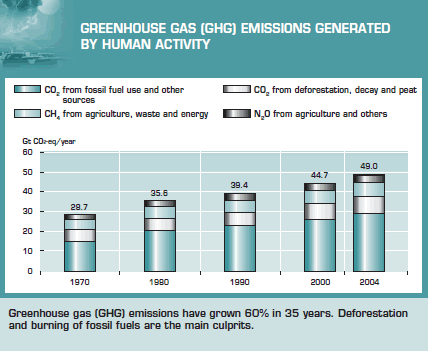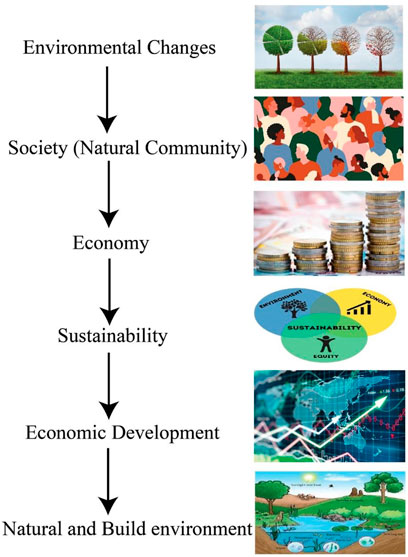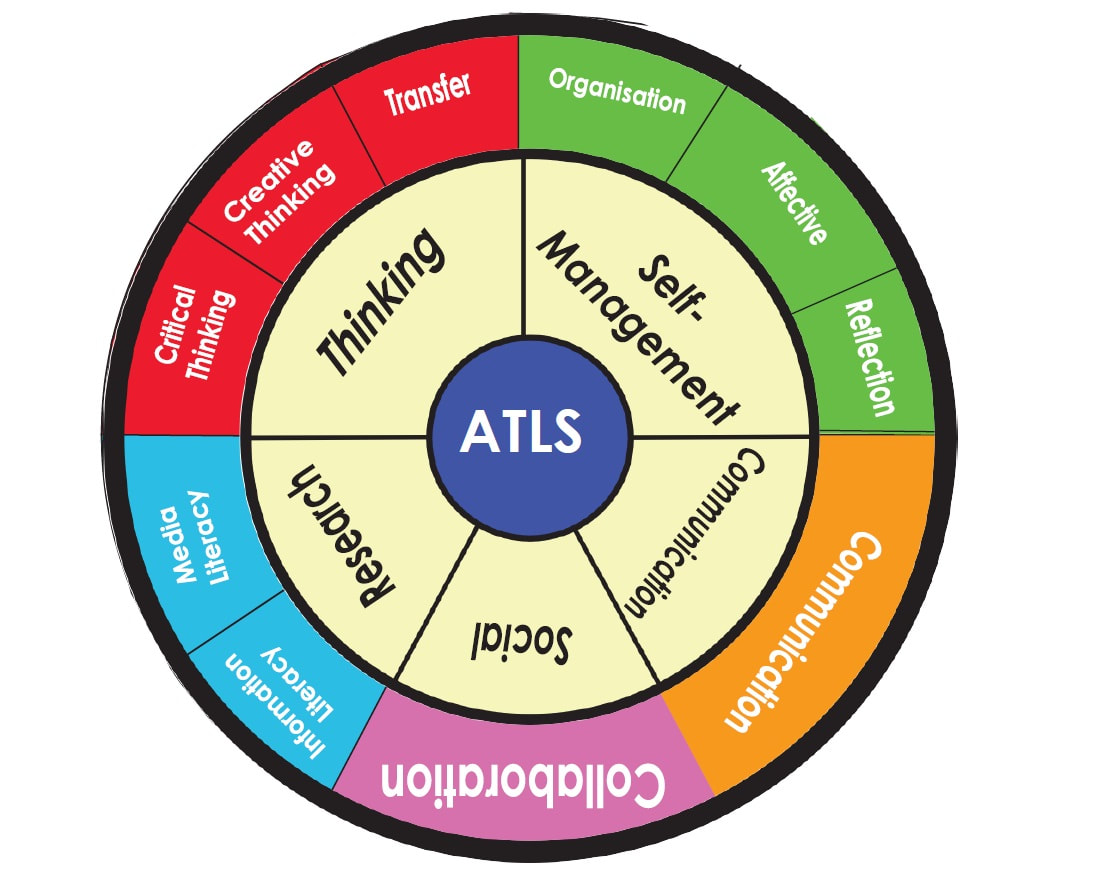Globalization refers to the increasing interconnectedness and interdependence of economic, political, and cultural systems across national borders. It involves the movement of people, goods, services, and ideas across the world, and has been facilitated by advances in transportation, communication, and technology.
While globalization has brought many benefits, such as increased economic growth and access to new markets, it has also had a significant impact on sustainability. In this essay, we will explore some of the ways in which globalization affects sustainability, both positively and negatively.
One of the main ways in which globalization affects sustainability is through the increased consumption of resources. As countries become more interconnected and global trade increases, there is a greater demand for natural resources such as oil, timber, and minerals. This can lead to the overuse and depletion of these resources, which can have negative impacts on the environment and natural ecosystems.
Furthermore, the movement of goods and services around the world often involves significant amounts of transportation, which can contribute to air and water pollution, as well as greenhouse gas emissions. These environmental impacts can have serious consequences for global sustainability, including climate change and loss of biodiversity.
On the other hand, globalization can also have positive impacts on sustainability. For example, the increased exchange of ideas and technology can help to promote sustainable development and the adoption of environmentally-friendly practices. Additionally, the global nature of many modern supply chains can make it easier for companies to monitor and reduce their environmental impacts, as they have access to a wider range of suppliers and technologies.
Another way in which globalization can affect sustainability is through the increasing interconnectedness of financial markets. As countries become more reliant on each other's economies, financial instability in one country can have ripple effects on others. This can lead to economic downturns and increased inequality, which can have negative impacts on sustainability.
Overall, the effects of globalization on sustainability are complex and multifaceted. While globalization has the potential to promote sustainable development and the adoption of environmentally-friendly practices, it can also lead to the overuse of resources and environmental degradation. As such, it is important for governments, businesses, and individuals to carefully consider the potential impacts of globalization on sustainability and to take steps to mitigate any negative effects.









